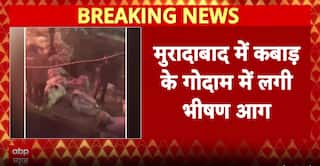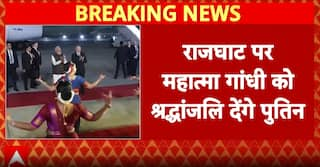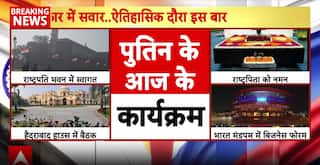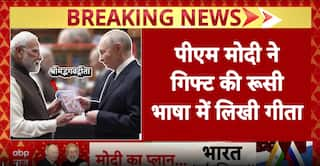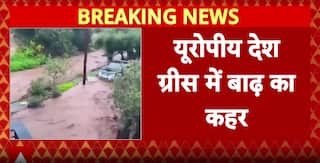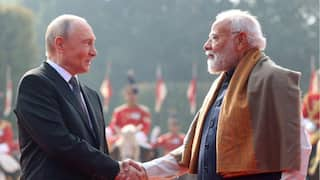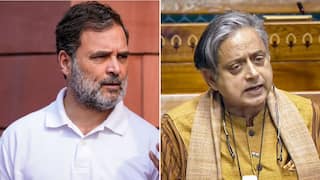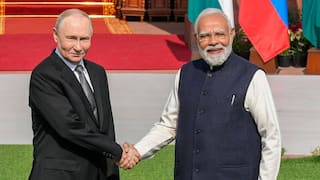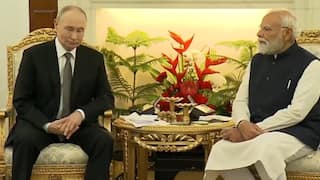Rahul Gandhi Opposes Speaker's Move To Expunge Parts Of His Speech In Lok Sabha. Here's What The Rules Say
After a portion of any speech is expunged, it continues to exist in the parliament's official records. However, that portion of the speech cannot be reported by any media houses any longer.

The truth will prevail, said Rahul Gandhi on Tuesday, a day after several parts of Congress MP's first speech as the Leader of the Opposition in the Lok Sabha--as part of the discussion on the Motion of Thanks to the President’s address-- were expunged from the records.
The expunged portions included Gandhi's remarks on Hindus, Prime Minister Narendra Modi-led NDA government, industrialists Gautam Adani and Mukesh Ambani, and those about the NEET row and the Agnipath Scheme.
After the remarks were removed, the Opposition contested that Rahul Gandhi's speech was not directed any community.
Similarly, large portions of Congress chief Mallikarjun Kharge's speech as part of the discussion on the Motion of Thanks to the President’s address were also expunged. Kharge, who is Leader of the Opposition in the Rajya Sabha, attacked RSS and PM Modi in his speech.
These expunctions drew parallel to Parliament proceedings in February 2023, when 18 remarks made by Rahul Gandhi in his 53-minute speech in the Lok Sabha, targeting relations between the Prime Minister and industrialist Gautam Adani, were removed from the records.
What is the Expunging of Speech?
The expunging is a fairly routine procedure. Under the process, certain words, sentences, or portions of a speech are removed or deleted from Parliament's official records. The Presiding Officer of the House decides which parts of the proceedings are to be expunged.
The provision was introduced to guarantee that the freedom of speech inside Parliament is not misused.
Laws For Expulsion of Remarks
According to Rule 380 of the Rules of Procedure and Conduct of Business in Lok Sabha, the Speaker can expunge any word or expression that is considered defamatory or unparliamentary.
"If the Speaker is of opinion that words have been used in debate which are defamatory or indecent or unparliamentary or undignified, the Speaker may, while exercising discretion order that such words be expunged from the proceedings of the House," the rule says.
However, the Speaker is expected to provide an explanatory footnote for the action.
Under Rule 381, "the portion of the proceedings of the House so expunged shall be marked by asterisks and an explanatory footnote shall be inserted in the proceedings as follows: 'Expunged as ordered by the Chair'."
What Happens When A Remark Is Expunged?
After a portion of any speech is expunged, it continues to exist in Parliament's official records. However, that portion of the speech cannot be reported by any media houses any longer, even though it may have been heard during the live telecast of the proceedings.










